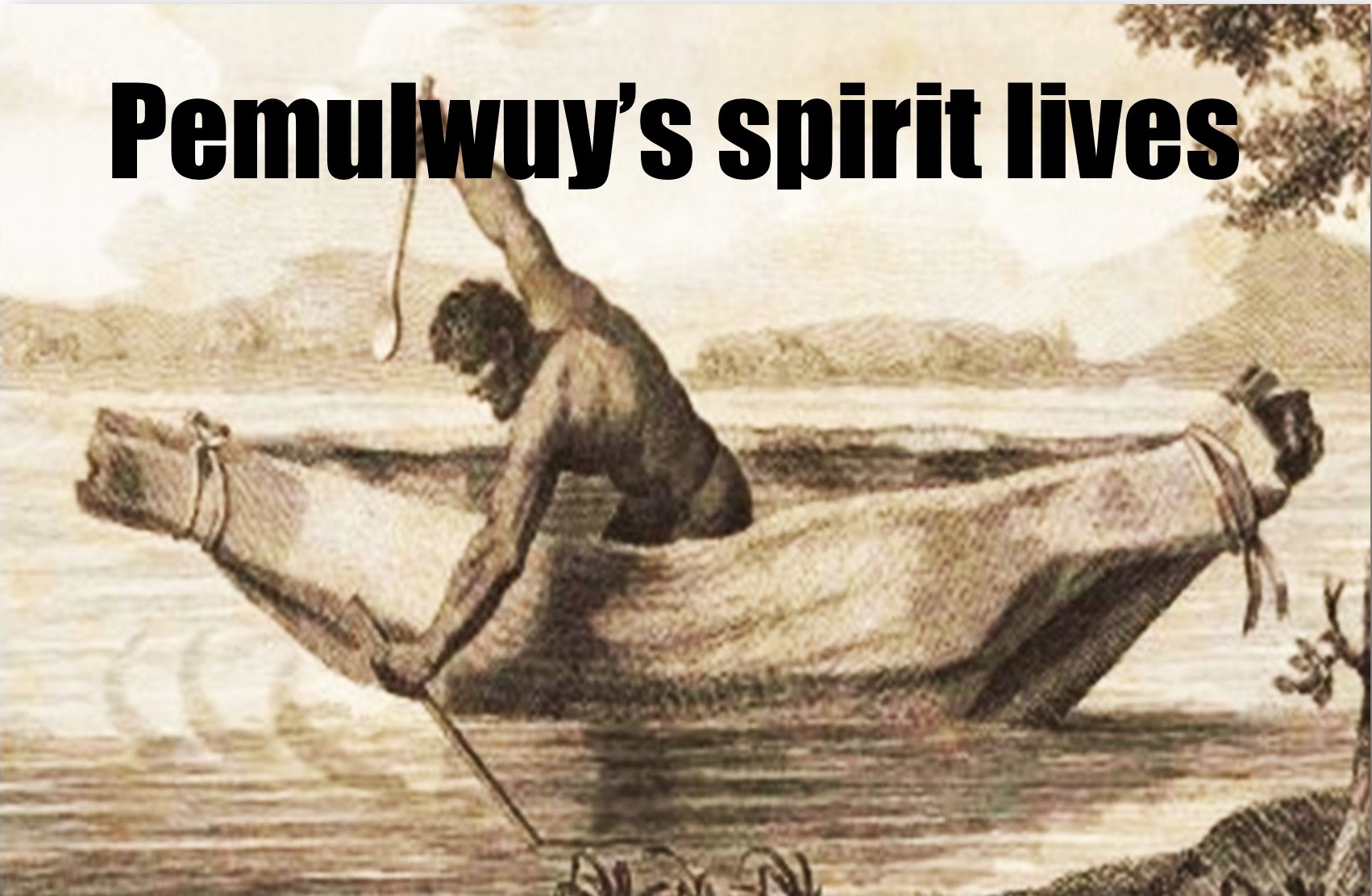
VANGUARD - Expressing the viewpoint of the Communist Party of Australia (Marxist-Leninist)
For National Independence and Socialism • www.cpaml.org
The enemies of First Peoples have announced their strategy and tactics. Over coming days, weeks, months and years, allies of First Peoples must be ready to join the fight with the clear eyes of truth.
Years ago, a dear friend said, “We live very different lives Lindy.” She grew up in La Perouse on Botany Bay shores, but her kinship links spread southwards along Yuin land to towards Lake Tyers in Victoria, west into the headwaters of the Snowy River, and north along the coast to her mother’s People. None of those links, she says, is a full stop. They flow further with connections to all those who make up the First Peoples of this continent and its islands.
Each day my friend stands for unity and for justice despite ongoing trauma.
Saturday 14th October remains a time of deep grief for the great majority of First Peoples and their allies. But the pain is deeper for those on the front line of the enemy’s attacks. Its offensive has already begun.
It means allies who have the privilege to live comparatively comfortable lives on stolen lands must stand strong, to show First Peoples they are not alone.
We cannot fight blindly. Non-indigenous people made up the vast majority of combatants in the referendum battle. We have both the luxury and the ethical obligation to begin summing up the lessons that led to its defeat.
We need to set aside our own grief and anger and blame, and look with clear eyes at what went wrong.
From the past to the future
The first Aboriginal resistance to invasion began on Bidjigal land and lasted 20 years. It then spread to every corner of what is called Australia, holding back safe settlement on average between ten and thirty years.
How did spears, nulla nullas and boomerangs have such success against the world’s most powerful economic, scientific and military power?
Bidjigal man Pemulwuy struck the first blow, leading clan alliances of Bidjigal, Dharawal and Dharug. They fought from Botany Bay’s wetlands and high rocky cliffs, to Sydney Town, to Parramatta and many places between.
At Brickfield Hill near what became Sydney’s Central Station, they approached apparently peacefully. A sudden attack, and they disappeared without injury into sunset’s blinding light, where no amount of 18th century firepower could make them visible.
Ground chosen by the enemy
That pattern to strike where the enemy was weak and they were strong was repeated again and again across continent for 150 years.
When their enemy attacked, they retreated. When their enemy retreated, they attacked. They never fought on ground that suited their enemy.
The referendum, with all the good will and immense effort in the world, did the opposite. The decision on First Peoples lives was handed to non-Indigenous people. Most were indoctrinated, told half-truths, lied to or empowered to vote in ignorance. In some places and cases vicious racism was let loose. This was ground where the enemy held strength.
Yet 5.5 million still voted yes. That’s no small number. Some who voted no, both First Peoples and allies, will join other campaigns and battles, when First Peoples’ ground is safe and solid and their enemy is disadvantaged.
Victory from defeat
Pemulwuy was killed in 1802 and his son Tedbury in 1810. Pemulwuy’s decapitated head was sent to England, and lost. But his spirit, and of all those who resist in their myriad of different ways, live on.
On October 14, a long battle ended in defeat. It’s harder and crueller, but we can learn more from defeat than victory.
The enemy has declared war on multiple fronts. We must deny them the capacity to ever fight on such favourable ground again, where those who don’t know truth in all its fullness or those who act in irrational fear or with malice can so easily be used. We must find ways to disrupt their unity and build our own.
We must look beneath the surface to those who benefit from the far-right push of Abbott, Dutton, Mundine and Price, the giant corporations which stood on both sides in the referendum, which used it to divide. They are still coming for Aboriginal lands.